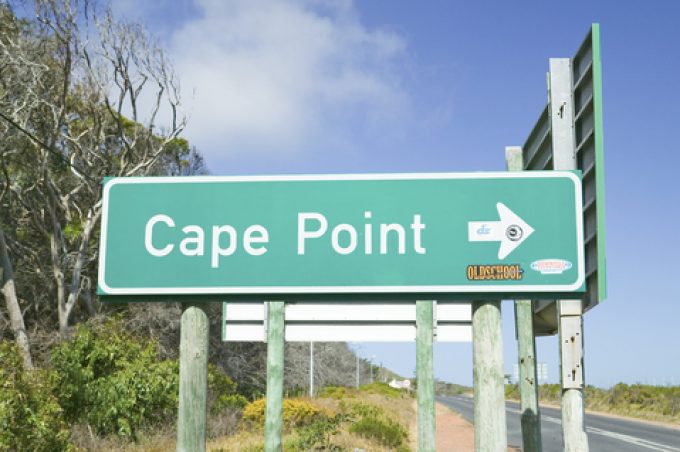Transpac spot rates crash as pre-tariff demand for US imports from Asia fades
Container spot freight rates on the transpacific eastbound routes from Asia to the US west ...

Confidence in the Panama Canal to process container vessel transits appears to have completely bombed over the past week, and there have been widespread diversions of Asia-North America east coast sailings to Suez and Indian Ocean routes.
“Multiple carriers have revealed changes to imminent voyages by ...

Comment on this article